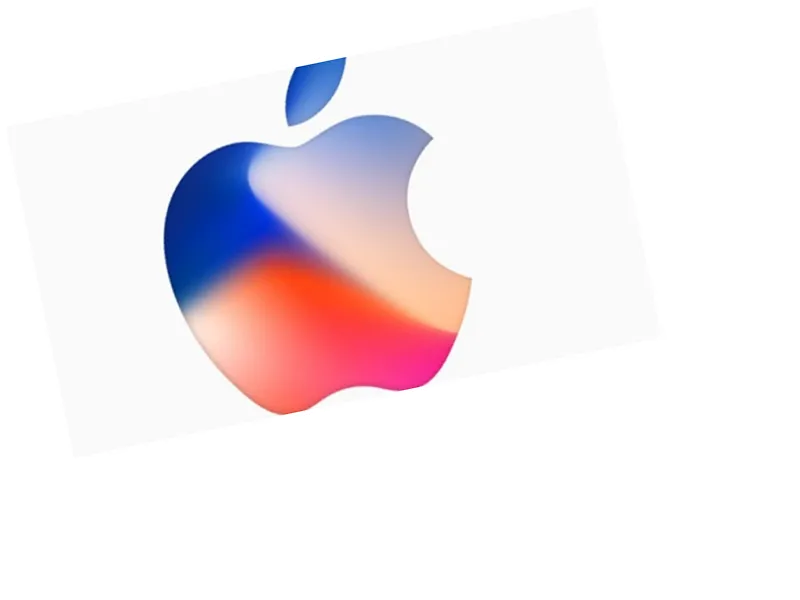The introduction of the 'Share Item Location' feature reflects Apple's ongoing commitment to enhancing user experience and leveraging technology to solve common travel issues.
The collaboration with multiple airlines indicates a strategic move by Apple to integrate its technology into the travel industry, potentially influencing other tech companies to follow suit.
As the market for tracking devices grows, Apple's AirTag may face increased competition from other brands, emphasizing the importance of unique features and partnerships.
With the growing reliance on technology for travel solutions, more airlines may adopt similar tracking technologies to improve customer service and satisfaction.
The success of this feature could lead to further innovations in luggage tracking and management, possibly incorporating AI and machine learning for predictive analytics in baggage handling.
As travelers become more accustomed to using technology for tracking their belongings, demand for such features may drive advancements in Bluetooth and location-based services.
Apple has introduced a new feature for its AirTag tracking device that enhances the ability to locate lost luggage at airports. This feature, called 'Share Item Location,' allows users to create a link that can be shared with others, enabling them to view the bag's location on an interactive map. This innovation aims to streamline the process of finding lost bags, which has historically been cumbersome for travelers.
The new functionality is being rolled out in partnership with over 15 airlines globally, including major carriers such as Lufthansa, British Airways, and Delta Air Lines. This collaboration is expected to improve the travel experience for passengers by making it easier to track their belongings during flights.
Currently available in a beta version of iOS 18.2, the feature is anticipated to be included in the next update of Apple's operating system. Once the bag is located, the shared link will expire after seven days, ensuring privacy and security for users.





